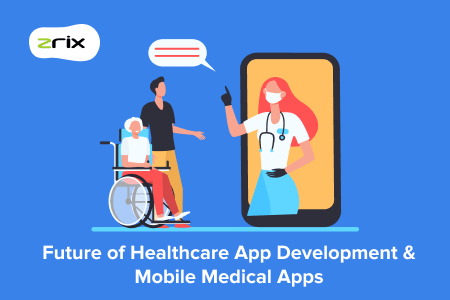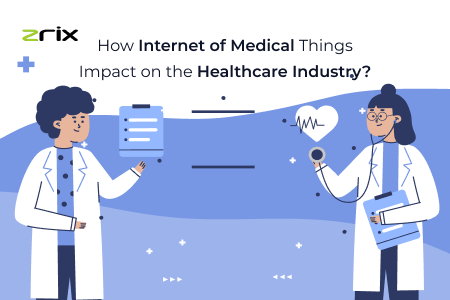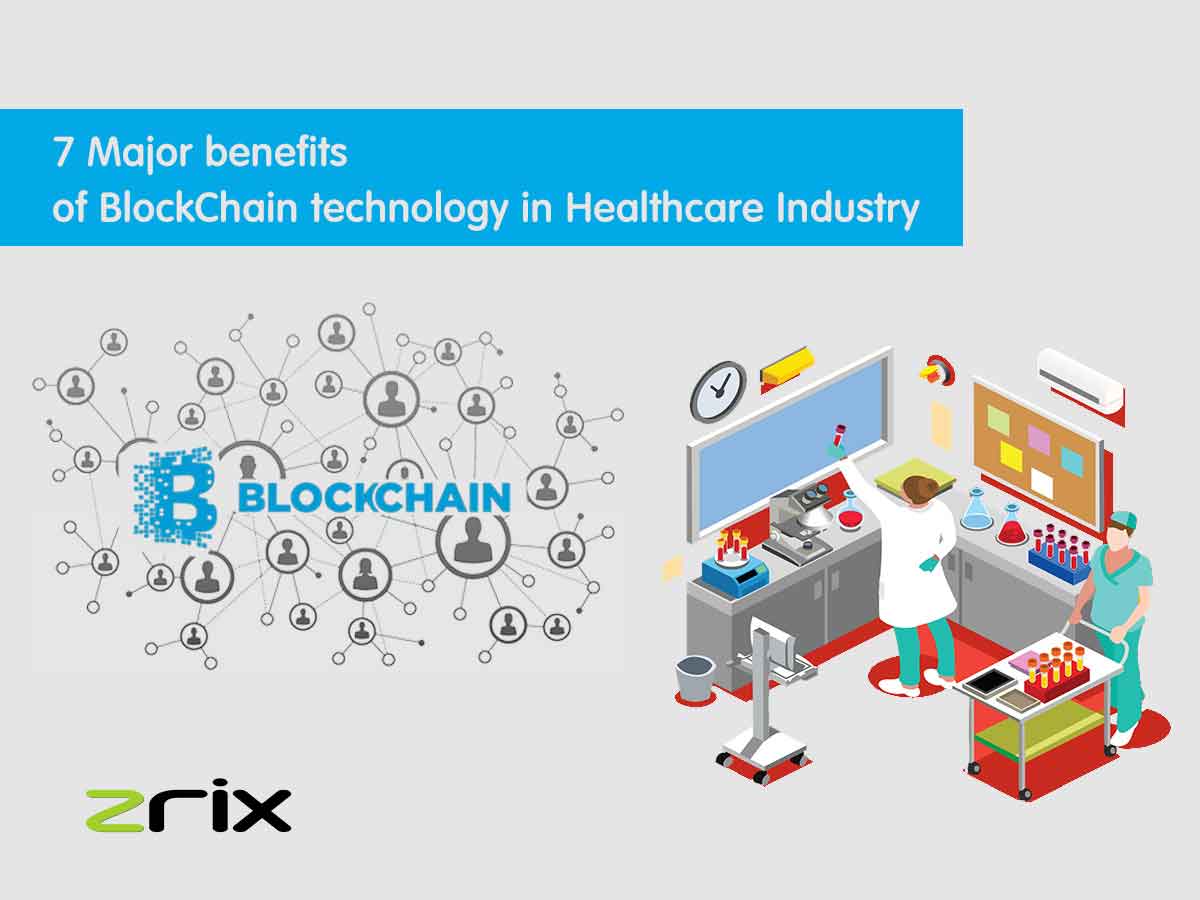In the swiftly evolving terrain of the healthcare industry, a groundbreaking transformation is taking shape through the seamless integration of blockchain technology. Although commonly associated with cryptocurrencies, blockchain's influence transcends these boundaries, ushering in a paradigm shift that has the potential to revolutionize the very foundation of the medical supply chain. The allure of blockchain lies in its capacity to provide more than just efficiency – it instills transparency, bolsters security, and introduces a new era of streamlined operations. This innovative technology is poised to reconfigure the landscape of healthcare from its core, extending its impact from the realm of medical devices to the intricate web of pharmacy operations. As blockchain gains traction, it heralds an era of healthcare that is reimagined, redefined, and fully equipped to meet the demands of the future.
Table of Content
Blockchain in Healthcare: A Game-Changing Paradigm Shift
- Transparency and Traceability: The medical supply chain is notorious for its complexity, leading to challenges like counterfeit drugs and compromised patient safety. Blockchain ensures transparency by recording every transaction, from manufacturer to end-user. This ensures a clear and immutable trail of information, making it virtually impossible to tamper with data. This traceability not only safeguards patient health but also bolsters regulatory compliance.
- Enhanced Security: In a realm where data breaches are a constant threat, blockchain's encryption and decentralized nature provide heightened security. Patient records, medical device data, and sensitive information can be stored securely, minimizing the risk of unauthorized access.
- Streamlined Data Sharing: Efficient data sharing is crucial in healthcare collaborations. Blockchain enables secure data sharing between healthcare providers, pharmacies, manufacturers, and even patients. This accelerates decision-making processes, leading to improved patient care.
Blockchain's Influence on Medical Devices
- Supply Chain Integrity: Medical devices must adhere to stringent quality standards. Blockchain verifies the authenticity and origin of medical devices, reducing the risk of counterfeit products infiltrating the supply chain. Patients receive genuine, safe devices, and manufacturers maintain their reputation.
- Device Tracking and Maintenance: Blockchain-enabled devices can transmit real-time data about their performance, ensuring timely maintenance and reducing downtimes. This predictive maintenance approach not only improves patient safety but also optimizes healthcare operations.
Pharmacy Operations Transformed by Blockchain
- Medication Authentication: Counterfeit drugs plague the pharmaceutical industry. Blockchain provides a secure platform to verify the authenticity of medications, enabling pharmacists to dispense only legitimate products. Patients can trust the medications they receive, promoting better health outcomes.
- Efficient Inventory Management: Blockchain automates inventory management, preventing overstocking or shortages. This minimizes wastage, improves efficiency, and ensures that critical medications are always available when needed.
The Future of Blockchain in Healthcare
- Interoperability and Data Sharing: The future of healthcare lies in interoperability – the ability of systems to communicate seamlessly. Blockchain can serve as a foundation for secure and standardized data sharing, enabling different healthcare systems to work together efficiently.
- Patient-Centric Care: Blockchain empowers patients to have control over their medical data. They can grant access to healthcare providers as needed, enhancing patient-centered care and promoting informed decision-making.
Choosing the Right Partner for Blockchain Development Services
As the potential of blockchain in healthcare becomes evident, partnering with a reliable blockchain development services company is paramount. A proficient company with expertise in blockchain technology can tailor solutions that align with the unique needs of healthcare entities. They offer the technical prowess required to implement, integrate, and manage blockchain solutions seamlessly.
Conclusion: Unlocking Healthcare's Full Potential
Blockchain's integration into the medical supply chain and broader healthcare landscape is a transformative shift that holds the promise of enhanced patient safety, streamlined operations, and a future of patient-centric care. From safeguarding medical devices' authenticity to ensuring the legitimacy of pharmaceuticals, blockchain's impact is revolutionary. Embracing blockchain technology not only sets the stage for operational efficiency but also paves the way for a more secure, transparent, and patient-focused healthcare ecosystem. As we embark on this blockchain-powered healthcare journey, the future is undoubtedly bright, offering boundless possibilities for a healthier world.



